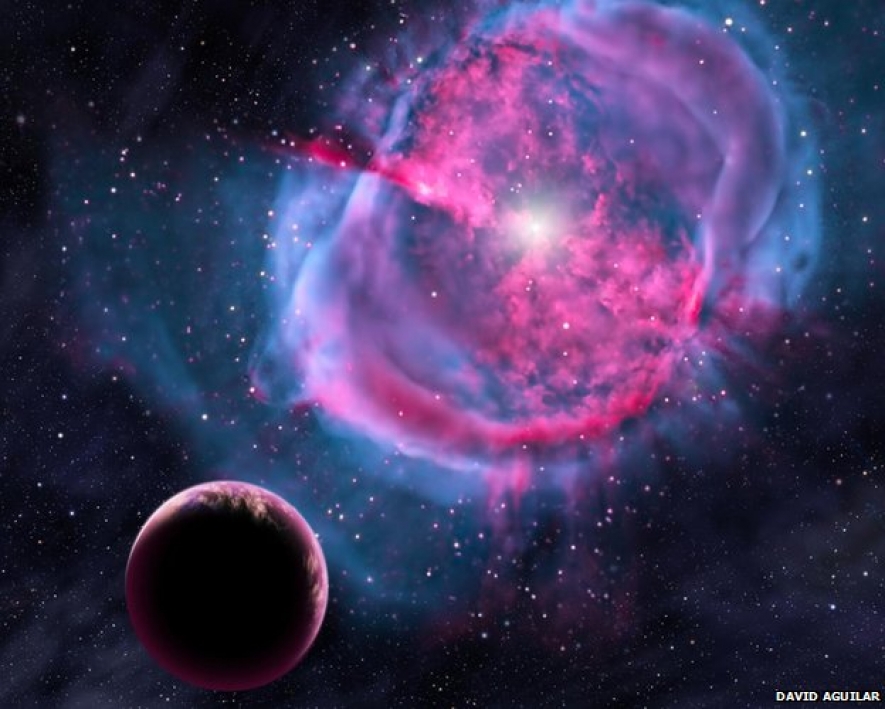All eight were picked out by Nasa's Kepler space telescope, taking its tally of such "exoplanets" past 1,000.
But only three sit safely within the "habitable zone" of their host star - and one in particular is rocky, like Earth, as well as only slightly warmer.
The find was revealed at a meeting of the American Astronomical Society.
The three potentially habitable planets join Kepler's "hall of fame", which now boasts eight fascinating planetary prospects.
And researchers say the most Earth-like of the new arrivals, known as Kepler 438b, is probably even more similar to our home than Kepler 186f - which previously looked to be our most likely twin.
At 12% larger than Earth, the new claimant is bigger than 186f but it is closer to our temperature, probably receiving just 40% more heat from its sun than we do from ours.
So if we could stand on the surface of 438b it may well be warmer than here, according to Dr Doug Caldwell from the Seti (Search for Extra-Terrestrial Intelligence) Institute in California.
"And it's around a cooler [red dwarf] star... so your sky would look redder than ours does to us," Dr Caldwell said. (BBC)




















